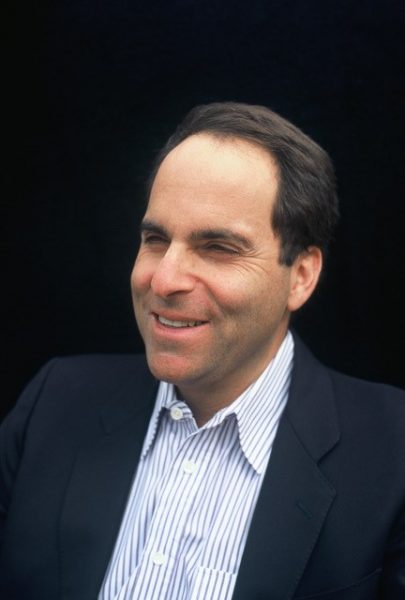Daniel Asia credited with expanding School of Music’s composing program

Grant Hoover, El Inde Arizona
Daniel Asia, a prolific composer who has served as a professor of composition and head of the composition department at the University of Arizona’s School of Music, will leave the UA at the end of the school year.
Asia, who first began teaching at the university in 1988, is one of the longest serving professors in both the School of Music and the university itself.
An alumnus of Hampshire College and Yale School of Music, Asia’s orchestral pieces have been performed by symphony orchestra’s around the country including in Cincinnati, Seattle, Milwaukee, New Jersey, Phoenix, Tucson, Memphis, Chattanooga, Columbus and Grand Rapids.
He is also the author of five highly acclaimed symphony pieces, the fifth of which was commissioned by the Jerusalem Symphony Orchestra in celebration of Israel’s 60th birthday.
Asia has received many prestigious grants and fellowships that include a Meet The Composer/ Reader’s Digest Consortium Commission, United Kingdom Fulbright Arts Award Fellowship, a Guggenheim Fellowship, four NEA Composers Grants, a M. B. Rockefeller Grant, an Aaron Copland Fund for Music Grant, MacDowell Colony and Tanglewood Fellowships, ASCAP and BMI composition prizes and a DAAD Fellowship.
The DAAD Fellowship gave Asia the opportunity to live and work in Berlin, which at the time was still divided by the Berlin Wall with NATO controlling the west and the Soviet Union controlling the east.
“(It was) surrounded by East Germany, a walled in city,” Asia said when reflecting on his experience in West Berlin. “It wasn’t to keep West Germans from going to East Germany, it was so that East Germans couldn’t get to a place that was free.”
Around the time Asia first arrived in the city in 1979, the Soviet Union had also launched an invasion of Afghanistan. This event and bearing witness to West Berlin’s perilous position in the realm of Cold War politics had a profound impact on Asia’s beliefs and convictions.
After West Berlin, Asia moved back to his hometown of Seattle before getting a job conducting the contemporary and wind ensembles at the Oberlin Conservatory in Oberlin, Ohio. He stayed in that job for five years before moving to London to claim his UK Fulbright Fellowship.
After spending two years in London, Asia moved to Tucson and began teaching at the UA, where he started the School of Music’s contemporary ensemble and helped to greatly expand the composition programs for both undergraduate and postgraduate students.
From 1991-94, Asia also served as the Composer-in-Residence of the Phoenix Symphony.
While Asia’s final day at the university will be May 24, it is unclear if and when the UA intends to fill his position at the School of Music.
“It is of course my hope that they will decide to replace me,” Asia said. “but we’ll see what the university in its wisdom decides to do.”
A major factor Asia cites in his reason to retire stems from what he deems is its participation in “politicization” of the arts, which he believes has led to the degradation of the quality of art and high culture in recent years.
“I’ve been around for a long time and I’m not in complete agreement with the direction of the university,” Asia said.
In addition to his work in music and academia, Asia is the president of the Center for American Culture and Ideas, a 501(c)(3) non-profit that seeks to “investigate the ways in which beauty, truth and goodness are fundamentally linked to the universal values of life, liberty and the pursuit of happiness.”
Among Asia’s more recent work is the rock opera “The Tin Angel,” which he created with his close friend and frequent artistic collaborator Paul Pines, who died in 2018. A preview of the work was shown at Crowder Hall in 2013, and Asia said the world premiere will be held in spring 2025 in New York.
Asia is also the author of the book “Observations on Music, Culture, and Politics,” which was published in 2021.
El Inde Arizona is a news service of the University of Arizona School of Journalism.
